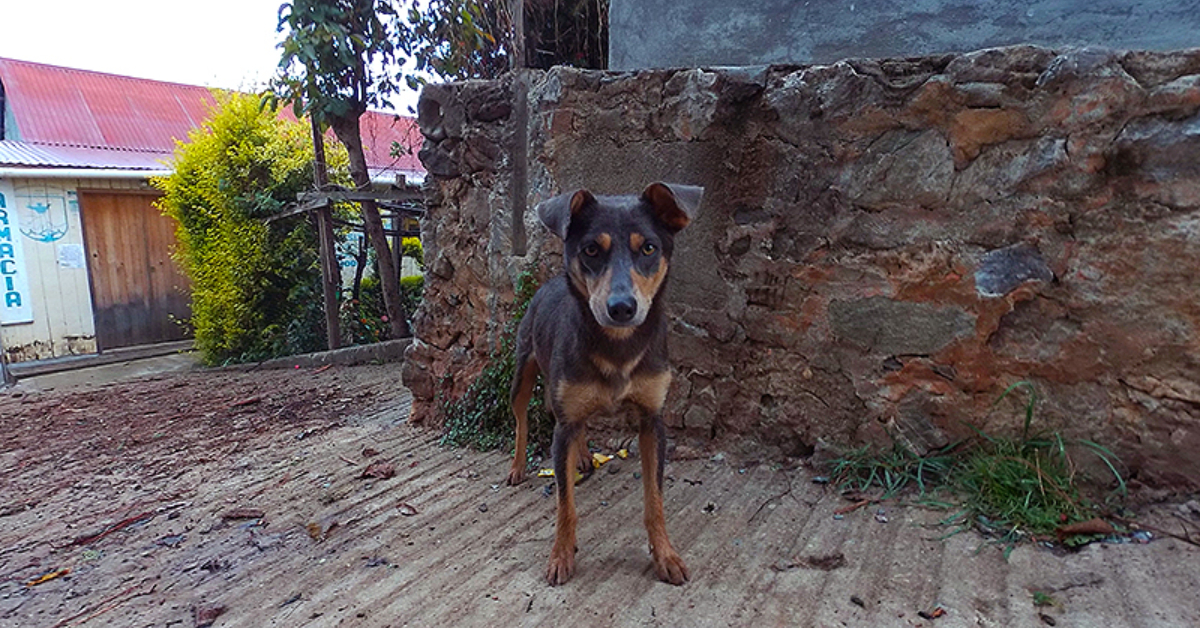Warning: This story contains distressing details
Saskatchewan RCMP is confirming a woman died at Ministikwan Lake Cree Nation in northwest Saskatchewan on Saturday, but not saying how she died.
“On June 28 at approximately 9:40 p.m., Loon Lake RCMP assisted at a medical emergency…, An adult female was declared deceased by EMS at the scene. The Saskatchewan Coroners Service is now investigating. As this is not a police investigation, we are unable to provide any additional details,” says a statement from Saskatchewan RCMP media relations.
A community member notified APTN News about the tragedy, saying a woman suffered terrible injuries, including a severed arm after being mauled by a dog or dogs Sat. June 28.
“This is not the first time something like this has happened here. Last year, a young man was mauled by dogs and survived, but he lost both of his ears and suffered devastating injuries. Over time, numerous children in our community have been attacked and left with serious or minor wounds,” says Hannah Lacombe in an email.
Lacombe says she feels the situation is urgent.
“Each time these attacks happen, nothing meaningful changes. The only response our leadership and council ever give is to send an unqualified person to drive around and shoot dogs at random. No proper assessments are made about which animals are truly dangerous, which are people’s pets, or which are strays that could be helped. This is not a solution—it is a reaction that does nothing to protect our people or our community,” Lacombe says.
Lacombe claims Ministikwan’s leadership has a meeting with a lawyer but says she “doesn’t want new rules and decisions to come from a place of fear, panic, or liability. It feels like the only reason there is any action at all is because someone has finally died, and leadership is scared of the consequences and what will happen next.”
APTN has reached out to the chief for comment but so far has not heard back.
Lacombe says the dog problem is painfully clear to everyone who lives on the nation.
“There are no bylaws, regulations, or protections in place, there is no spay and neuter clinic or program to control the dog population, and every year, dogs have litter after litter of puppies that grow up unsocialized, roaming in packs, and eventually becoming a threat,” she says.
Lacombe feels the First Nation should be doing better than this in 2025, and that a permanent spay and neuter clinic should be established to address the crisis.
“Shooting random dogs after a young woman is killed does not save the next life. It is not fair to our community members, to our families, or to the animals themselves,” Lacombe says.
“Our leadership must be held accountable for failing to protect our community with effective, humane, and modern measures.”





